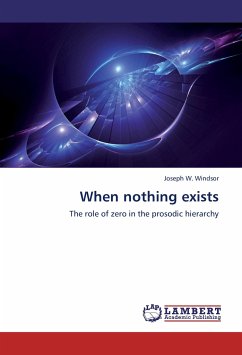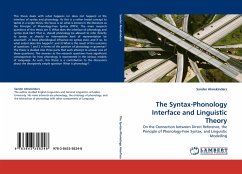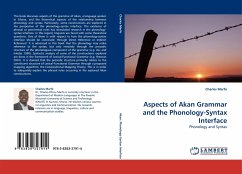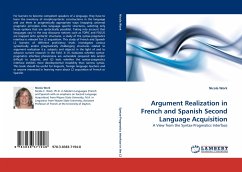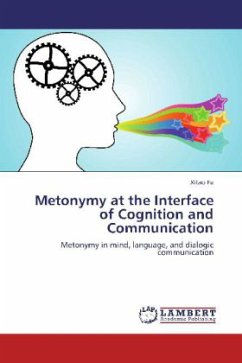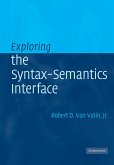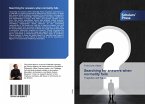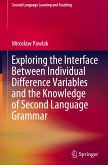Zero (Ø) has been a phonological tool for over a century used to explain linguistic phenomena where language-specific rules either under or over-apply. This tool has often been argued to be 'dangerous' since it gives 'additional power to the system' (Stanley 1967). This long-standing controversy has lead to many authors arguing against analyses of phenomena that rely on Ø. This opposition to Ø often leads those authors to relegate a given phenomenon to the lexicon rather than maintaining a phonological explanation for a given sound change. While the skepticism of those authors may be warranted, what is lacking from the field is a list of criteria by which to evaluate proposals of Ø. This study examines cases of proposed Øs in several languages to propose a list of four criteria which can be used as a general guideline for either warranting or eliminating Ø in a particular phonological analysis

